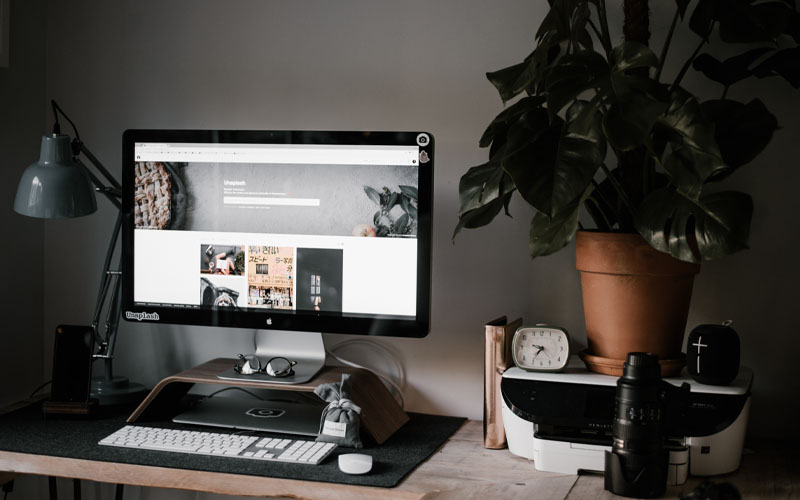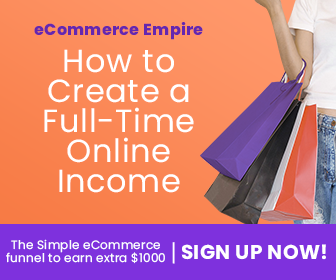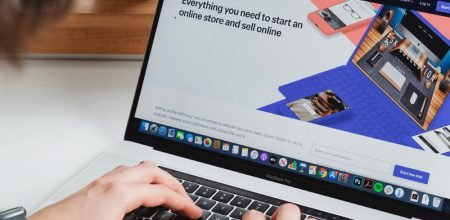
What makes something sell in an ecommerce store? On the one hand, it of course boils down to the nature of the product itself; whether it offers good value for money and whether it’s something that people actually want. It also comes down to timing, marketing and many other factors.
But actually, what’s perhaps most of all is the way it is positioned within that store. This might sound strange but the way in which a product is positioned within an ecommerce store can have a huge impact on how desirable it seems.
Likewise, so too can the colors used in the store listing and various other seemingly random facts. This all has to do with psychology and a good ecommerce store owner will understand how to utilize this to the fullest effect. Read on and we’ll look at how ecommerce stores can subtly affect us psychologically to drive more sales.
Contrast
Contrast refers to the way in which ecommerce stores will purposefully create comparisons between similar products. One of the ways this works best is when the prices are slightly different.
If you have two similar products but one is significantly more expensive than the other, then placing them next to each other can be a great move.
The reason is simple: when an expensive item is placed next to a cheaper item, this makes it appear even cheaper.
This removes something called ‘buyers’ guilt’ because the buyer can then make the excuse that they’re saving money by buying something cheap (even though they’re still spending more than if they bought nothing at all).
Likewise though, this can also make the more expensive product appear more desirable to the right kind of customer. That’s because an expensive product will generally be perceived to be more desirable and this lets people feel like they’re buying the very best product that is the most premium.
And here’s something else smart about using contrast in pricing: it allows you to encourage people to spend a little more than they otherwise would have.
Incremental Increases
For example, someone might only be willing to spend $10. Thus they go to buy your $10 product but then notice the more expensive option for $15 with all the bells and whistles. They’re only adding $5 to their total spend in order to get the very best… so why not buy?
This can sometimes be enough to convince someone to buy something who normally wouldn’t be willing to spend $15! It works because you’re increasing the price incrementally which makes it seem like less of a stark increase versus what they were intending on spending.
Another thing to consider is that the small difference appears smaller in relation to the main price. For example, when an item costs $100, people won’t think twice about spending an extra $5. However, when an item costs $5 that extra $5 is a 100% hike in the price!
Again, it’s all about changing the way your buyers think and this can have a huge impact on your sales.






